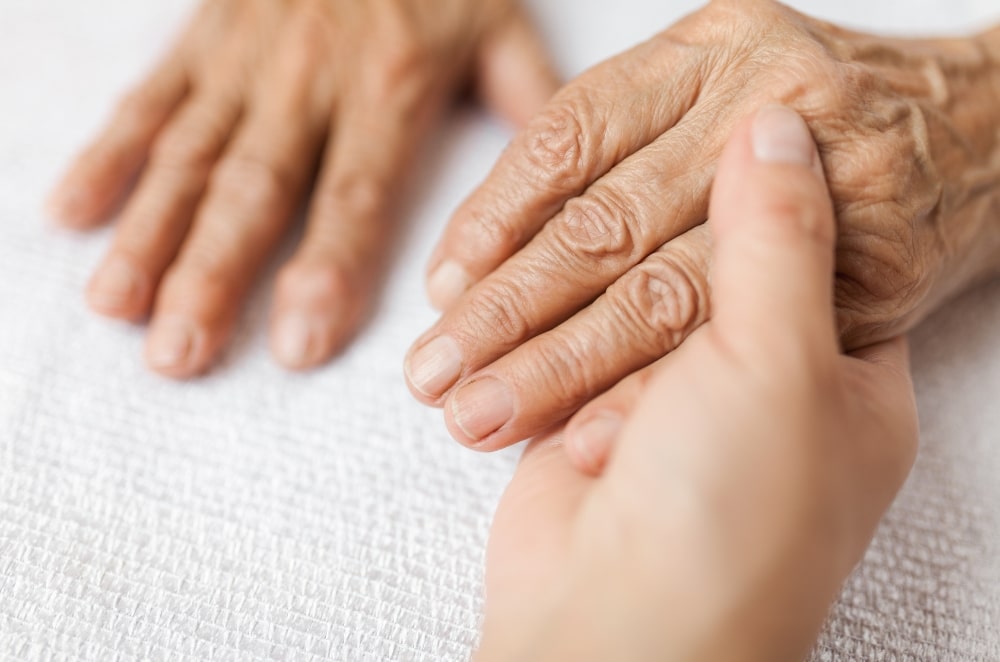
Personal activities support plays a crucial role in improving the lives of individuals with disabilities, offering a wide range of benefits that can enhance independence, overall well-being, and life satisfaction. For those navigating the complexities of daily life, consistent support can be the key to unlocking new possibilities. It’s not just about physical assistance; it’s about building routines, fostering social inclusion, and helping individuals participate fully in community life. This article explores the various benefits of personal activity support and how consistent assistance can transform the life of someone you care about or even your own life.
Why is consistency in personal activities important?
Consistency in personal activity is essential because it provides structure and stability. When individuals know that help is available consistently, it is easier for them to plan their days, build routines, and set achievable goals. Regular support helps individuals feel more secure and confident, knowing they can rely on assistance to meet their needs.
- Predictability: Knowing that support will be available at scheduled times provides peace of mind and reduces anxiety.
- Enhanced skill development: Regular engagement allows individuals to gradually build and refine new skills, increasing their independence.
- Better mental health: Consistent support can reduce feelings of isolation and depression, as it encourages social interaction and engagement.
- Improved daily functioning: Receiving reliable help can enable individuals to manage daily tasks more effectively, enhancing their quality of life.
Consistency in personal activity fosters a sense of security, promotes personal growth, and reduces stress. It also improves individuals’ overall mental and physical well-being.
When does someone need support for personal activities?
Personal support is vital for individuals who may struggle to complete daily tasks due to a disability or health condition. The need for support can arise in various situations, including assistance with personal care, daily living tasks, and social participation.
- Difficulty with mobility: If an individual finds it challenging to move around or perform physical tasks, support with mobility can make a significant difference.
- Assistance with personal care: Some individuals require help bathing, dressing, grooming, or using the bathroom.

- Social engagement: Support is needed for people with social disabilities to participate in community activities and maintain connections.
- Daily living tasks: These may include cooking, cleaning, or managing household chores, which can be overwhelming without assistance.
Health management: Some individuals need support managing medication or attending medical appointments.
Activity support is ideal for individuals who face challenges with daily tasks due to a disability or health condition. This comprehensive assistance with personal activities promotes greater independence and a more fulfilling quality of life.
Can regular support improve daily functioning and independence?
Regular support can significantly enhance daily functioning and foster greater independence. When support is provided consistently, individuals have the opportunity to master new skills, make decisions, and become more self-reliant. Similarly, for families with young children, childcare services that provide educational programs offer invaluable support by nurturing early development, helping children build the skills necessary for independence as they grow.
- Building confidence: Individuals can gain confidence in managing daily activities with consistent assistance.
- Developing new skills: Support helps individuals learn essential life skills that contribute to their independence, such as cooking, cleaning, and personal hygiene.
- Increased decision-making: Ongoing support encourages individuals to make choices about their lives and participate in decision-making.
- Reduced dependence on others: Regular support empowers individuals to rely on their abilities rather than feeling dependent on family or carers.
Basically, regular support improves daily functioning and fosters a sense of autonomy, enabling individuals to take control of their lives and increase their independence.
Is there a difference between occasional and consistent support?
Understanding the difference between occasional and consistent support is key when determining the right care approach for individuals, especially those with disabilities or seniors. Both serve important roles, but their impact can vary greatly depending on needs.
| Aspect | Occasional Support | Consistent Support |
| Frequency | Irregular | Regular and scheduled |
| Relationship building | Limited | Stronger and trusted |
| Stability | Less predictable | Reliable and steady |
| Customisation | Generalised | Tailored to needs |
While occasional support offers flexibility for temporary or less complex needs, consistent support fosters trust, routine, and better long-term outcomes. Choosing the right type depends on the individual’s goals, preferences, and level of support required.
Who benefits most from daily personal activities support?
Daily personal activities support is especially beneficial for individuals with disabilities that affect their ability to perform daily tasks independently. The following groups typically benefit the most from this support:
- Elderly individuals: Older adults often face mobility or cognitive challenges that make everyday tasks more difficult.

- People with physical disabilities: Those with physical disabilities may need assistance with movement, personal care, or household chores.
- People with intellectual disabilities: Support is crucial for individuals with intellectual disabilities to develop life skills and engage in meaningful activities.
- People with mental health conditions: Mental health challenges, such as anxiety or depression, can hinder day-to-day functioning, and support helps individuals maintain routine and social connections.
Daily support benefits anyone facing challenges with daily living tasks. This type of support is crucial for individuals to live as independently and comfortably as possible, and understanding disability care services in Australia helps ensure access to them.
Which personal activities are most commonly supported?
Personal activities support encompasses a wide range of services designed to help individuals with disabilities manage various aspects of daily life. Some of the most commonly supported activities include:
- Personal care: Assistance with bathing, dressing, grooming, and toileting.
- Mobility support: Help with getting in and out of bed, moving around the home, and managing transportation.
- Meal preparation: Assistance with cooking, grocery shopping, and planning healthy meals.
- Household tasks: Help with cleaning, laundry, and other household chores.
- Health and medication management: Support managing health routines, medication, and medical appointments.
- Social participation: Encouragement and assistance in attending social events, community outings, and group activities.
These services are essential in helping individuals manage daily tasks and maintain a high quality of life. Recognising the crucial reasons for disability assistance highlights how these services, from personal care to social participation, are vital in improving overall well-being.
Conclusion
In summary, consistent support for personal activities offers many benefits, from improving daily functioning and fostering independence to enhancing mental well-being and social inclusion. By providing structured, reliable assistance, individuals can develop essential skills, reduce stress, and achieve their goals. The support empowers individuals to live more independently and lead fulfilling lives.
If you’re looking for reliable and compassionate support to help manage daily living activities, you can connect with the dedicated professionals at Choice Care Australia to learn how we can help you achieve your goals and enhance your quality of life


